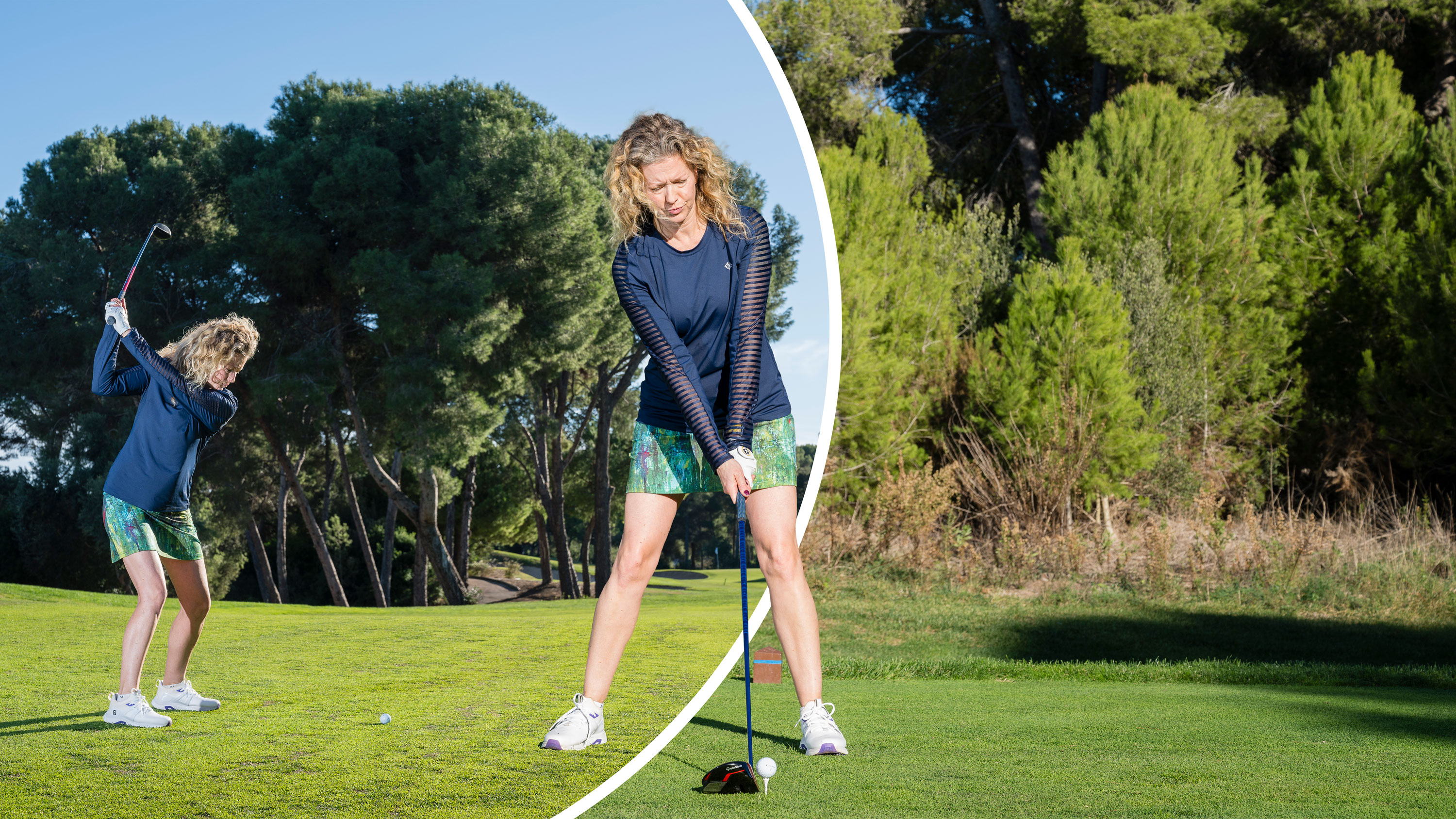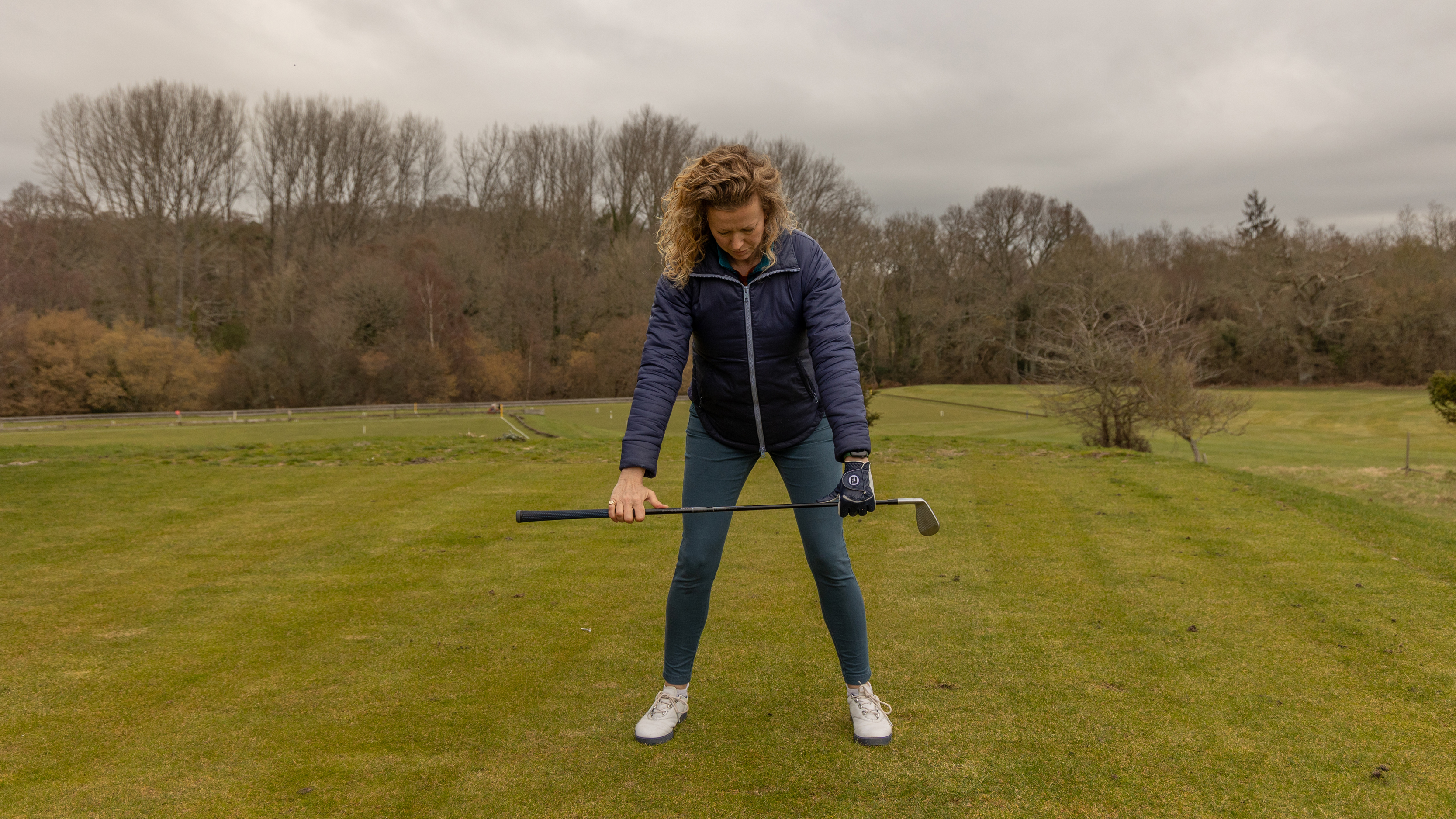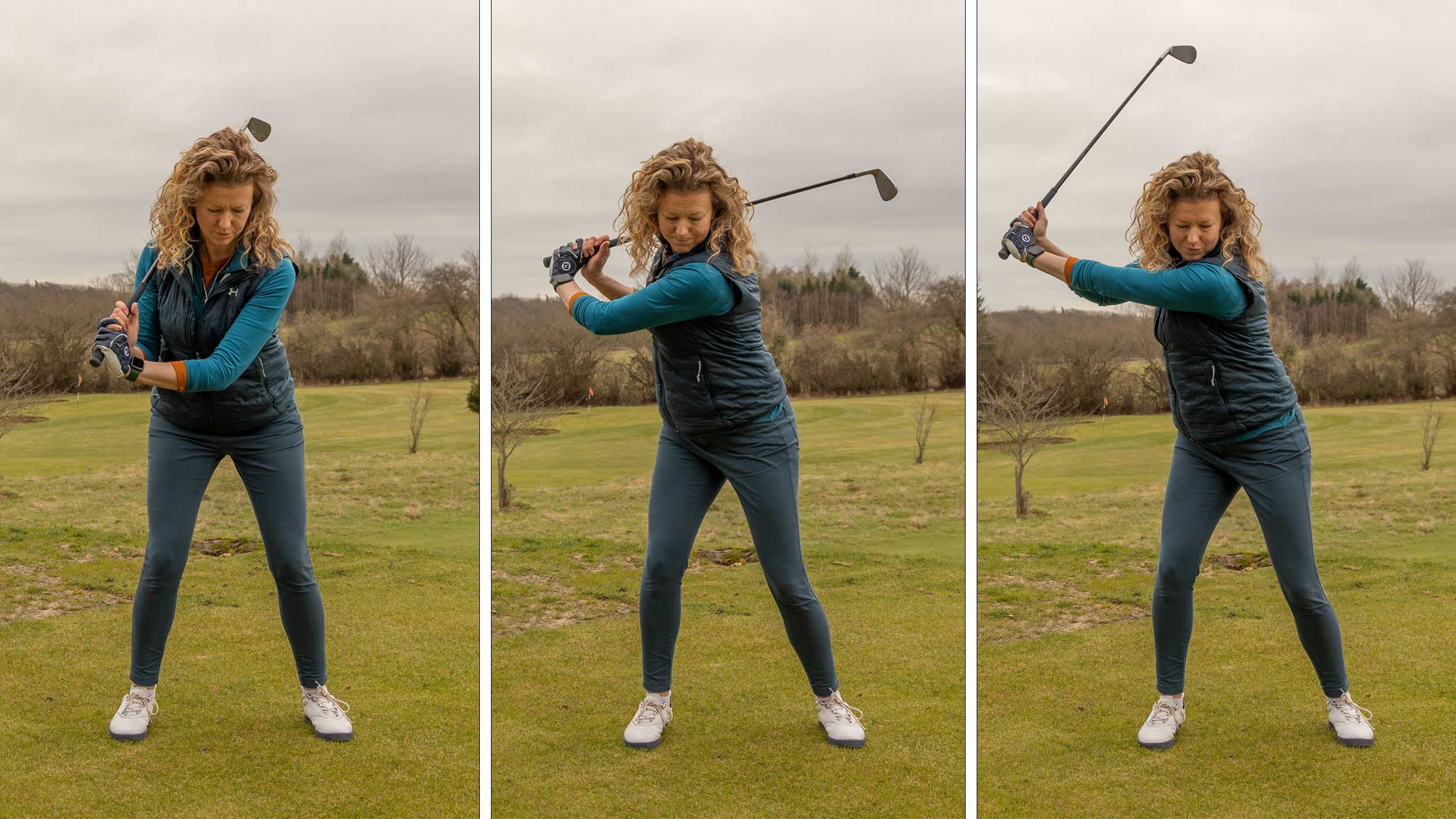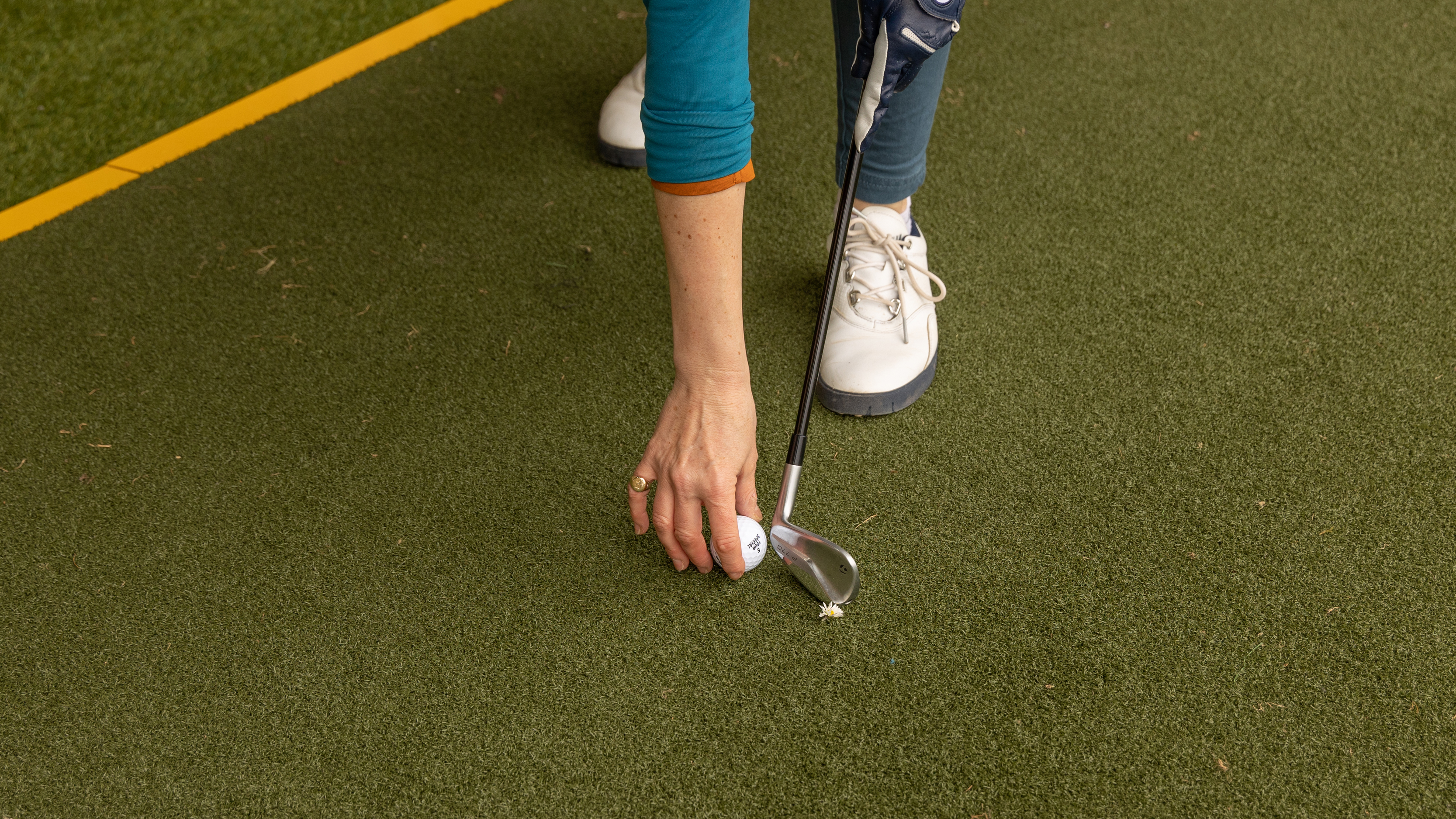
Understanding how to get more power in your golf swing is one of the most important lessons you can learn in 2025, as the impact the increased distance can have on your handicap and scoring is significant.
You only have to look at data on how far amateur golfers hit their irons to see a clear correlation between extra yardage and a lower handicap index, and the same can also be said for your tee shots.
This is obviously an important improvement factor for male golfers, but as someone who has also coached vast amounts of female golfers in a career spanning more than 20 years, I can vouch for the incredible impact focusing on this area can have for women.
I was unsurprised to read, as part of Golf Monthly's ultimate guide to women's golf, that the latest data suggests power and distance is a surefire way for female golfers to shoot lower scores - so how can you achieve it?
In this article, I share my expert tips, drills and advice for how to get more power in your golf swing - and I would advise all of you to get out and try this as soon as possible so that you can play your best golf in the 2025 season...
How Do I Get More Power In My Golf Swing?
Going back to basics, you need to first focus on your preparation in order to get more power in your golf swing.
An athletic setup position will help you to convert speed into power through the ball, with control and balance being key to ensuring you don't sacrifice accuracy for extra length.
At address, your weight should be on the balls of your feet. Once you are balanced, you can then get your body involved in the swing.
When the arms are the dominant force this can lead to a lack of power, so ensuring your weight distribution and then the transfer is efficient through the swing can help to find the distance increase you are looking for.
The body drives power through the feet from back to front as the body unwinds and shifts towards the target. I often use a slightly flat football during lessons and get pupils to throw this towards the back of the range wall.
If done correctly and with efficient power the ball hits the wood hard directly on the target line. If the sequence is out if sync the throw feels lacklustre and is often wonky.

Drill 1: Rest, Rotate, Reach
It goes without saying that fine-tuning the perfect golf grip, understanding how far to stand from the golf ball and keeping a straight left arm in your golf swing are all essential for increasing your power, as these are key fundamentals that every golfers needs to nail before ramping up the speed.
When you've got those under control, this drill helps you get that all-important feeling of power by making the shoulder turn the motor of the swing.
First, set up with an athletic stance. Lift the club up and gently rest it on the shoulder furthest from the target. From there, make a really neat shoulder turn (with the club still resting) so your back is towards the target.
Now, stretch your arms out so your lead arm is straight. You will feel your stomach muscles working and I guarantee talking at the top of your swing will be a challenge. That feeling of coiling up is called torque.

In this position, you’ve charged your backswing with stored energy the same way you charge a rubber band when you stretch is backwards. The downswing sequence is a reaction to this. Letting that rubber band go will result in more power.
The amount of turn you can achieve will be dependant on your flexibility, so take it easy and swing within yourself. A short swing with decent torque is far more powerful than a long collapsed one.
Drill 2: Flower Power
Our brain’s relationship with our muscles is a pretty incredible one. Sometimes just a reminder that triggers a move is far more effective than a complicated instruction. I love this drill as it can be used on the range then transferred to the course to also assist with alignment.
Find a blade of grass, or even better a daisy, and place this an inch or so ahead of your ball. This is your mini-target and will also help you understand how to aim in golf.
Your mission is to hit your ball and collect that mini target. If you do this your club will have remained lower for longer and if you’re on the grass you may even have taken a divot.

If you missed the daisy then the likelihood is that you hit the ball on the up and trying to 'scoop' it or help it in the air. Your weight transfer will not have been effective and power will be the last thing you’ll have experienced.
Try going back to a half-swing, as if you are trying to punch the golf ball out from under low tree branches. By mastering this drill with a smaller movement, you can then build up towards a full swing using the same formula.
You can also take this drill onto the course. While you can't place objects in front of your ball, there will usually be something already in front of you that you can use as your mini-target. Use the same technique and watch your ball fly further through the air.







